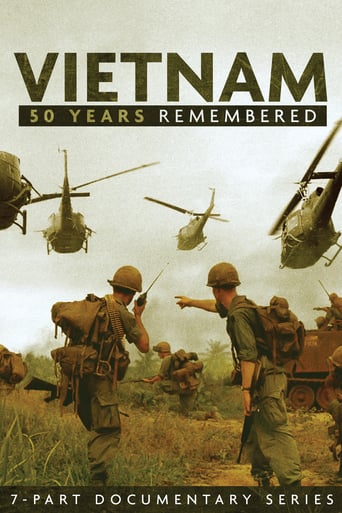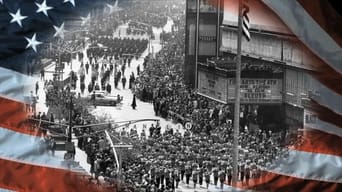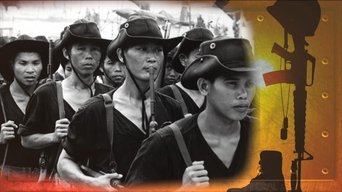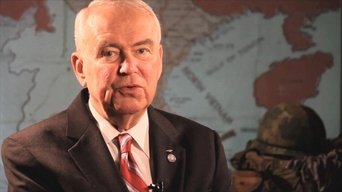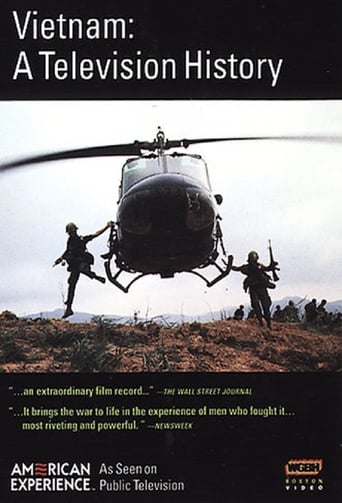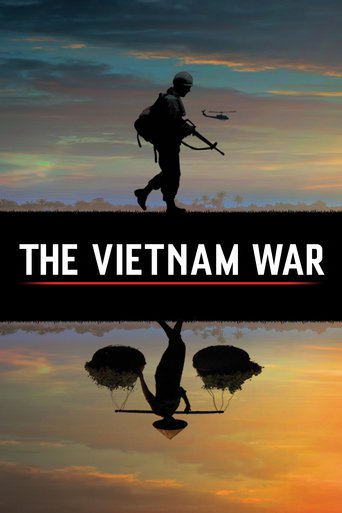Vietnam: 50 Years Remembered Season 1
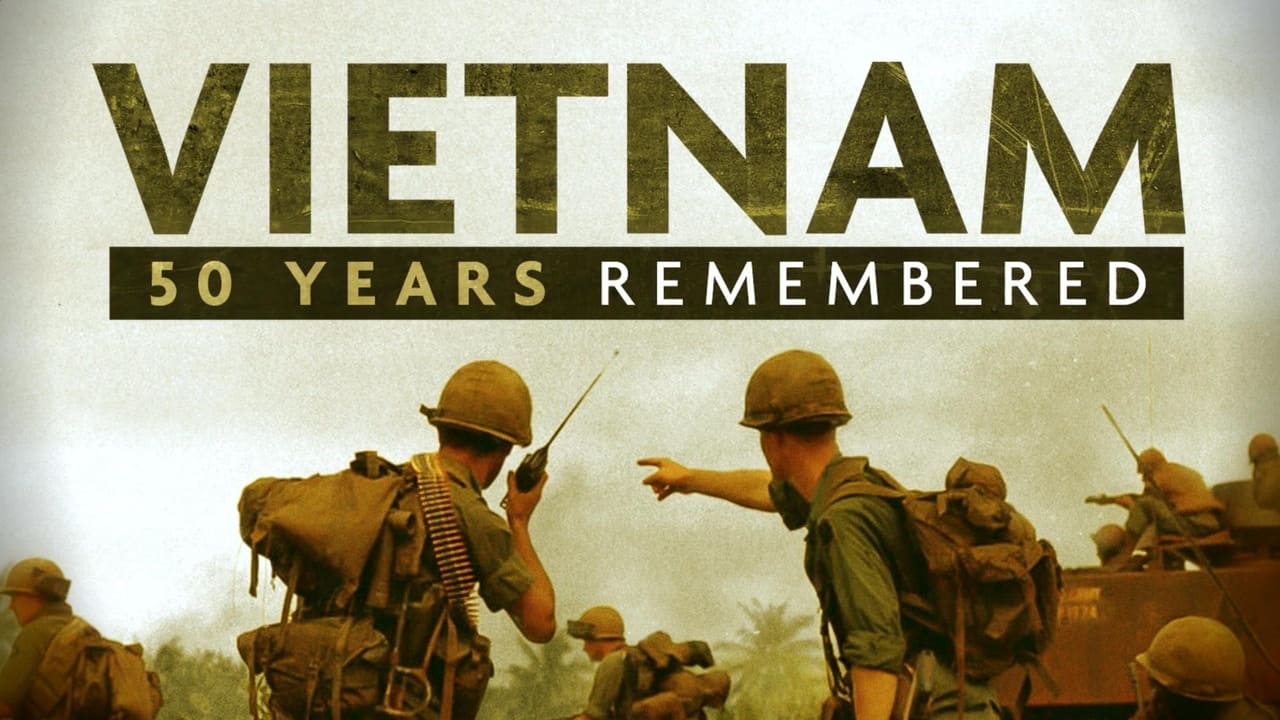
The history of U.S. involvement is told in this 7 part documentary series featuring personal stories from veterans and detailing the battles, strategy, and politics of a war that consumed multiple U.S. Presidents. A chronicle of the tragedy that tested the strength of our country and forever changed the social and political landscape of the world.
Watch NowWith 30 Day Free Trial!
Vietnam: 50 Years Remembered
2015


The history of U.S. involvement is told in this 7 part documentary series featuring personal stories from veterans and detailing the battles, strategy, and politics of a war that consumed multiple U.S. Presidents. A chronicle of the tragedy that tested the strength of our country and forever changed the social and political landscape of the world.
Watch Trailer
With 30 Day Free Trial!
Vietnam: 50 Years Remembered Season 1 Full Episode Guide
The political costs for the war began to add up for the Nixon Administration, and the South Vietnamese were now on their own. The American troops were home, but there was little celebration. The scars of the war would linger in American culture for decades to come.
The Nixon Doctrine called for the bolstering of the Army of the Republic of Vietnam in order for them to take over the defense of South Vietnam. However, their efforts eventually prove to be in vain, leading to the evacuation of the US and South Vietnamese forces in the Fall of Saigon.
During the course of the war, the NLF captured thousands of US soldiers, some of whom were never recovered. Their recovery was used as part of Nixon's justification for continuing the war.
A truce normally marked the Lunar New Year (Tet), but in 1968, the NLF broke the truce in order to launch the largest battle of the war: The Tet Offensive.
As troop morale declined, US generals began to advocate for a more aggressive strategy to take the war to the NLF, abandoning the idea that South Vietnam could take back the North without US assistance.
As it became clear the South Vietnamese security forces would not provide adequate security for the US Air Force bases in Southeast Asia, President Lyndon Johnson authorized the beginning of the ground war.
French colonies in Indochina fell to the Imperial Japanese after Nazi Germany occupied France during World War II. After the Japanese were defeated, the power vacuum left in the Indochina region set the stage for a major conflict.
Free Trial Channels
Seasons


